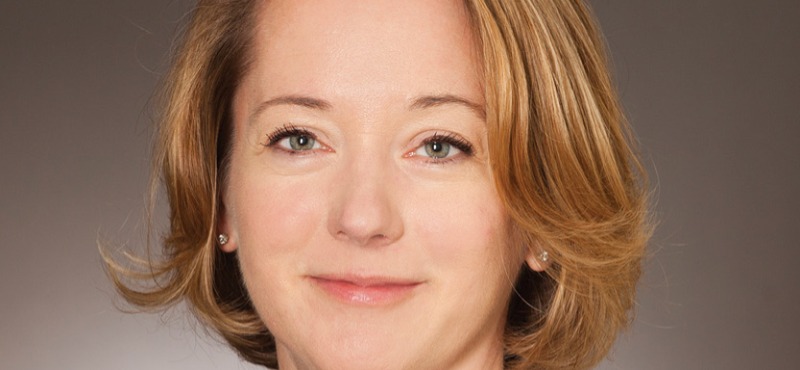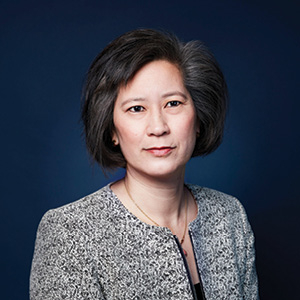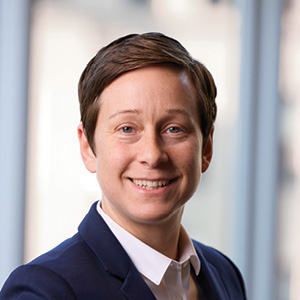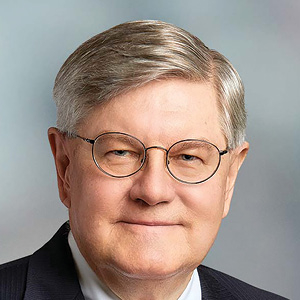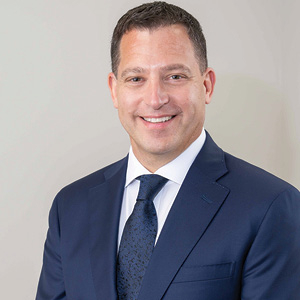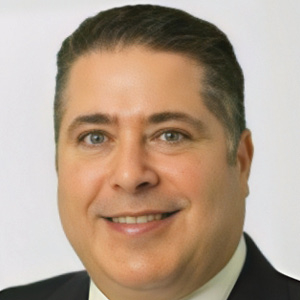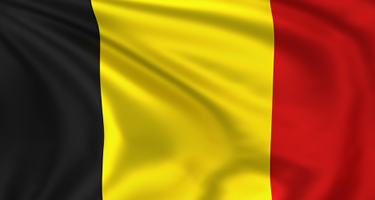When a scientist finds himself seeking credit for his work, a lawyer might find that what makes his case exciting—and what makes it particularly challenging—are one in the same. That is, according to Barbara Fiacco, who was named a Best Lawyers® 2018 Biotechnology and Life Sciences “Lawyer of the Year” in Boston.
While collaboration can be a crucial step in scientific and technical progress—bringing together like minds and different skill sets—it often also brings about disputes when it comes time to claim ownership of the fruits of that shared labor. Parsing through that collaborative process to find and evaluate a particular scientist’s contribution in a patent case can often get messy. But a good attorney is able to act in anticipation of the many turns her case may take.
“For any complicated patent case, it’s really important to think about it strategically in the long term,” Fiacco says. “A lot of people have referred to patent litigation as a chess game in which every move matters. It’s very important to be thinking about how the case is going to unfold and what impact your early decisions are going to ultimately have on the presentation of the case.” Fiacco appreciates the sciences, having studied some high-level subjects in college, although she does not have a rigorous academic background in biology or medicine. Still, an understanding of the science behind a case is crucial to success in her practice area—as is explaining that science in the courtroom.
“One of the big challenges is figuring out how to distill sometimes very complicated concepts in a way that the judge and the jury are going to understand,” Fiacco says. “That is incredibly challenging sometimes, but it’s also a lot of fun to really pay attention to how you learn and to that moment when everything clicks. To figure out how to convey that with graphics or through the help of an expert in a way that others are going to understand—that’s really the fun part.”
Presently, Fiacco is working with Dana–Farber Cancer Institute to add one of their researchers to the patents that cover Opdivo, an immunotherapy drug.
“I really believe that the patent system rewards innovation,” Fiacco says of what first drew her to the field—and what keeps her there. “The people that I’ve worked with in the biotech industry are so committed to helping people and patients. It’s really inspiring. They’re there to do what they can to make the world a better place. It’s nice to be able to feel like I’m helping them with that in some way.”
